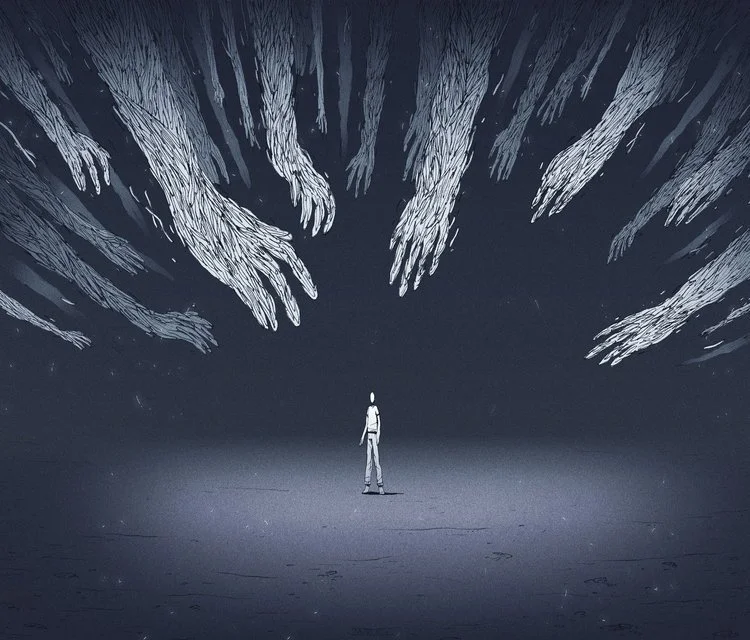Now Reading: Why Do People Fear Darkness? Understanding an Age-Old Human Emotion
-
01
Why Do People Fear Darkness? Understanding an Age-Old Human Emotion
Why Do People Fear Darkness? Understanding an Age-Old Human Emotion

The fear of darkness is one of the most common human experiences, affecting both children and adults. For some, it is a passing discomfort, while for others it becomes a lasting anxiety. This fear is not just about the absence of light but also about what darkness represents—uncertainty, vulnerability, and the unknown. In India’s Tier-2 cities, where traditions, stories, and daily realities shape experiences, the fear of darkness often carries unique meanings.
The Roots of the Fear
From an evolutionary perspective, humans have always been cautious in the dark because threats were harder to detect at night. Predators, hidden dangers, and limited vision made survival difficult. Even today, the brain associates darkness with danger, triggering a sense of alertness or fear. This instinct, while natural, can grow stronger depending on personal experiences or cultural influences.
Psychological and Emotional Factors
Darkness often leaves space for imagination to run wild. People may imagine threats that are not there or recall fearful memories. For children, shadows or silence in the dark can create vivid fears. For adults, the absence of light can trigger anxieties linked to loneliness, uncertainty, or even crime. In Tier-2 cities, where power cuts are frequent, darkness often becomes associated with discomfort and insecurity.
Cultural Influence in India
Stories, folklore, and even movies often link darkness with ghosts or negative forces. Such narratives shape how communities view night-time or unlit spaces. Families often pass down warnings to children, telling them to avoid stepping out after dark. While these stories serve as cautionary lessons, they also deepen the association between darkness and fear.
The Everyday Impact
Fear of darkness can affect sleep, limit movement at night, or cause stress during power cuts or travel. In smaller cities, where street lighting may not always be reliable, people tend to avoid going out after sunset. This not only affects daily life but also reinforces the habit of connecting darkness with danger.
Overcoming the Fear
Experts suggest that gradual exposure, building awareness, and focusing on the positive aspects of night-time can help reduce fear. For example, children introduced to darkness through storytelling, games, or calm routines often grow up less afraid. For adults, better lighting infrastructure and community safety in Tier-2 cities can play a big role in easing the anxiety linked to night-time environments.
Conclusion
The fear of darkness is deeply rooted in human history, shaped by survival instincts, psychology, and culture. While it is a natural emotion, it can also become limiting if not understood. In India’s smaller cities, improving awareness and infrastructure can reduce this fear and allow people to see night not only as a time of risk but also of rest and reflection. Ultimately, overcoming the fear of darkness begins with learning to separate the real from the imagined

























